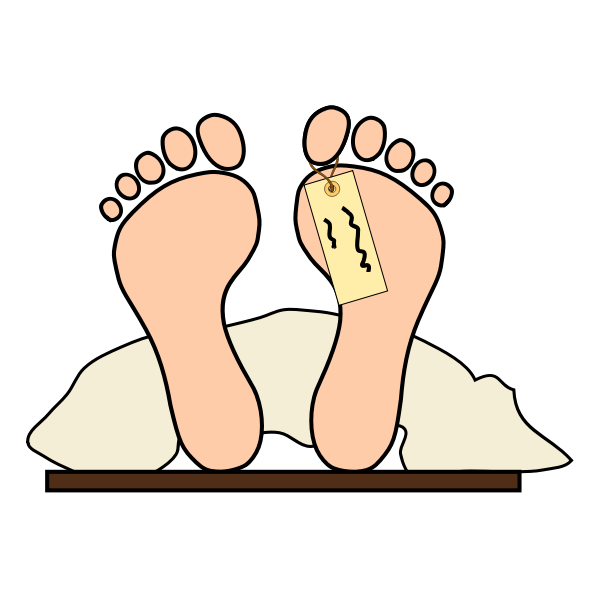Now Reading: Forensic Pathology
-
01
Forensic Pathology
Forensic Pathology
FORENSIC PATHOLOGY DEFINATION
Advancing technology has changed the field of pathology, the word “Pathology” is derived from the Greek word “pathos” which means experience or suffering. Pathology is a subspecialty of pathology concerned with identification of human remains & determination of the cause & manner of death. The field that performs an after death investigation of sudden death or injury. A Forensic pathology is basically a physician we use to have a license , just like any other physician to work in we need to have a license to work in.
*Pathology generally addresses 4 main components of disease:
1. Mechanisms regarding the development of disease.
2. Morphological changes where there may be structural alterations of cells.
3.Clinical manifestations or consequences of the disease such as signs, symptoms & prognosis.
The job of a forensic pathologist encompasses:
1. Autopsies and post-mortem examinations of bodies. The main job of a forensic pathologist is to determine the cause of death on the basis of autopsy and post-mortem examination of a body. They need to determine whether the person died from a bullet wound, stab wound, strangulation, stroke, cardiac arrest, disease, poisoning, etc.
2. Determination of circumstances surrounding the person’s death. Besides determining the cause of death, forensic pathologists also seek to reconstruct the circumstances surrounding the person’s death. They need to determine whether death occurred naturally or whether it was homicide, accident or suicide. In rare cases, the manner of death may be undetermined.
3. Collection of evidence that can be used on a trial. While performing autopsy and examining a body, forensic pathologists also look for and record evidence that can be used as proof in an eventual trial. Examples include wounds, injuries, presence of toxins in tissues or/and bodily fluids, defensive marks, etc.
4. Identification of a body. Forensic pathologists are often asked to confirm identification of a body or gather information that helps determine identification of the deceased such as taking a DNA sample or/and fingerprints.
5. Investigation of sudden and unexpected deaths. Forensic pathologists may also be asked to investigate sudden and unexpected deaths to determine the cause of death and circumstances surrounding the person’s death (natural, homicide, suicide, etc.).
6. Witness as an expert in court. When forensic pathologists provide evidence for legal procedures, they are usually called as expert witnesses in court trials to testify about their findings.
Who Can Become a Forensic Pathologist
Forensic pathologists can become only individuals who have completed required training which varies slightly from one country to another. Typically, they are medical doctors who have completed anatomical pathology and then sub-specialised in the field of forensic pathology. In other words, they are pathologists who have also obtained skills and knowledge that are relevant for legal procedures because they also must be able to identify evidence that can be used for an eventual persecution.
Why Forensic Pathology is so important
In recent years forensic pathology has become more and more important because the judicial and the court systems are relying more and more on the evidence and the conclusions .
Conclusion: By being a pathologist, there are many roles to choose, currently there are many training programmes & pathways available to become a pathologist.
References:
http://ted.com/tedx
https://en.m.wikipedia.org/wiki/Forensic_pathology#:~:text=Forensic%20pathology%20is%20pathology%20that,law%20cases%20in%20some%20jurisdictions.
Author- Sonali Singh (Forensic Intern, Legal Desire Virtual Internship October 2020)






